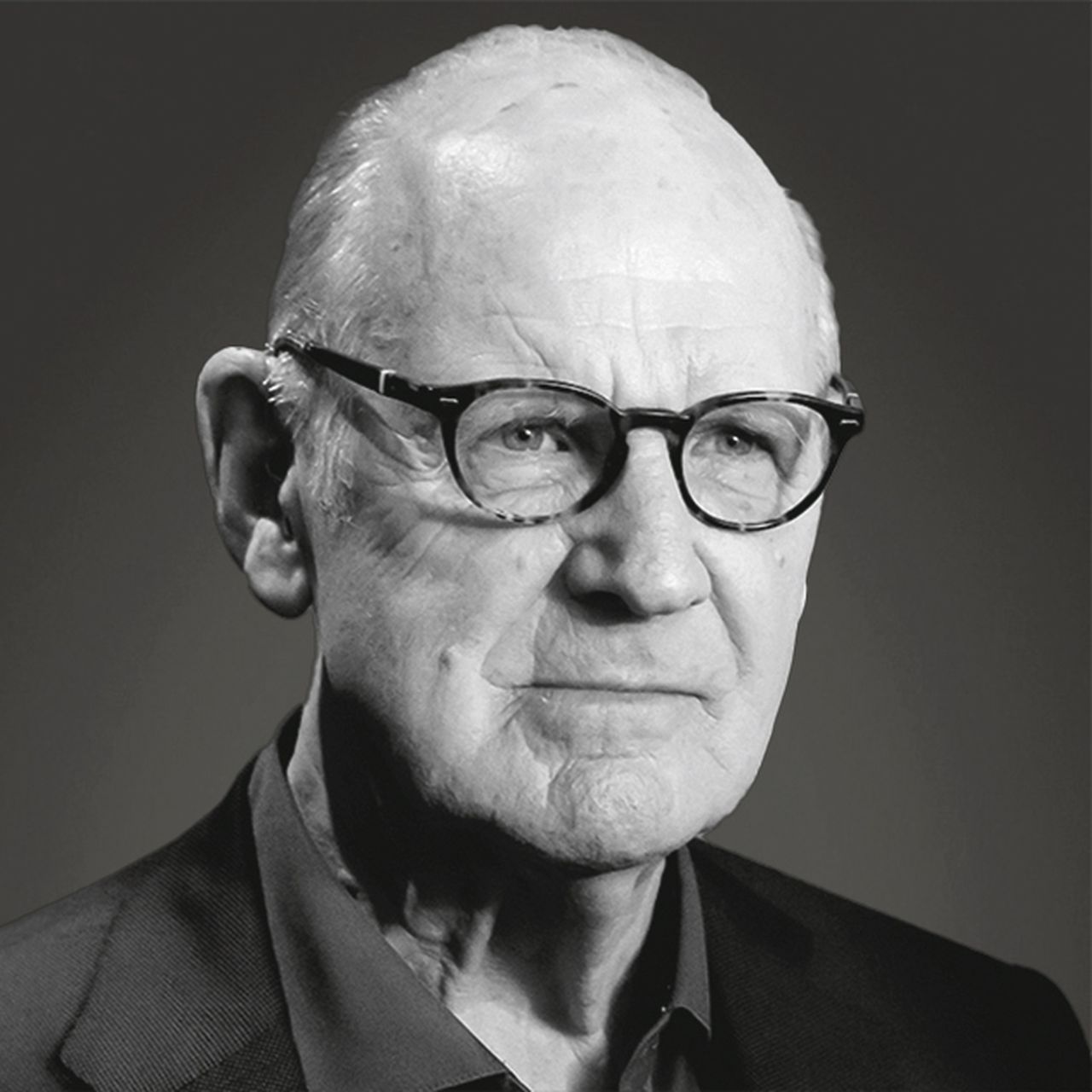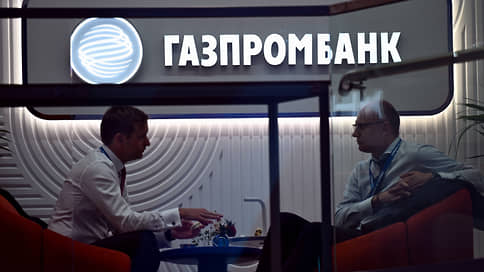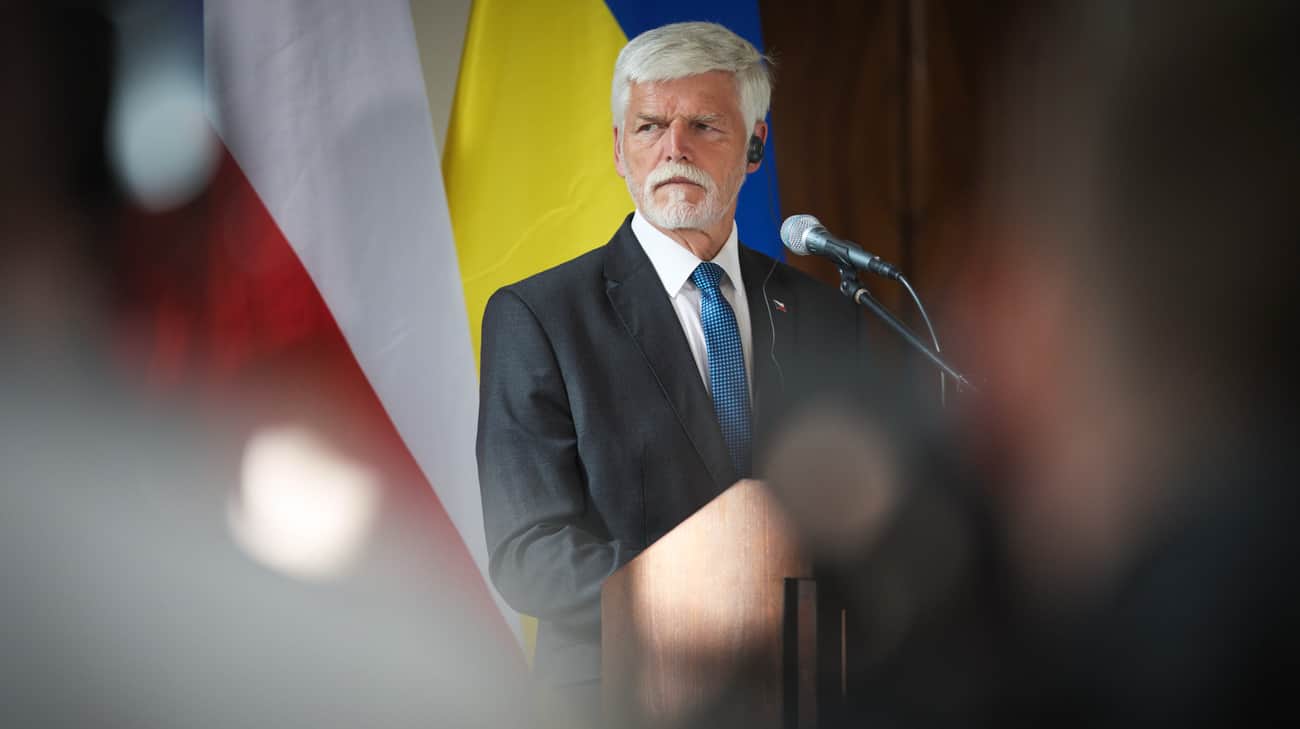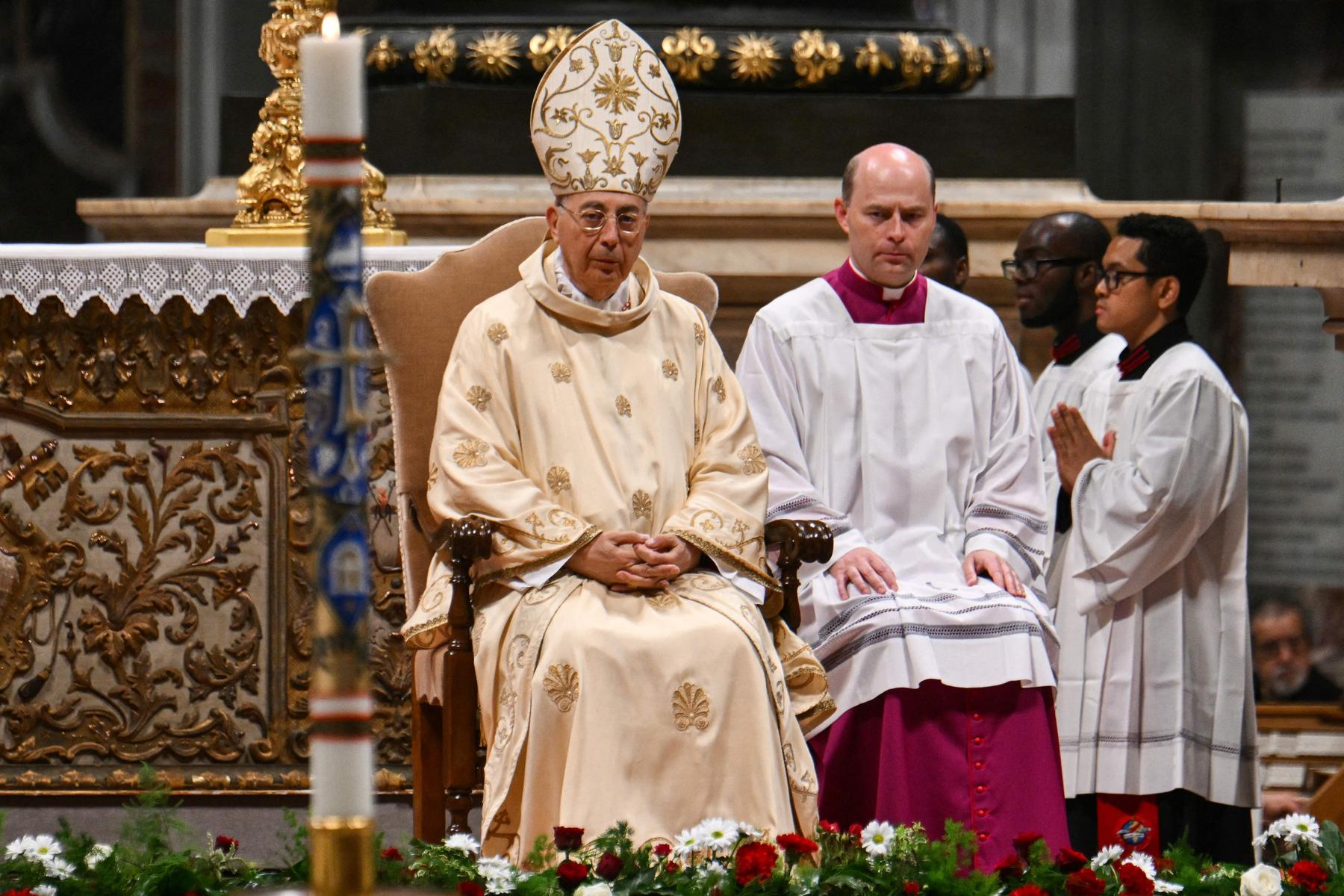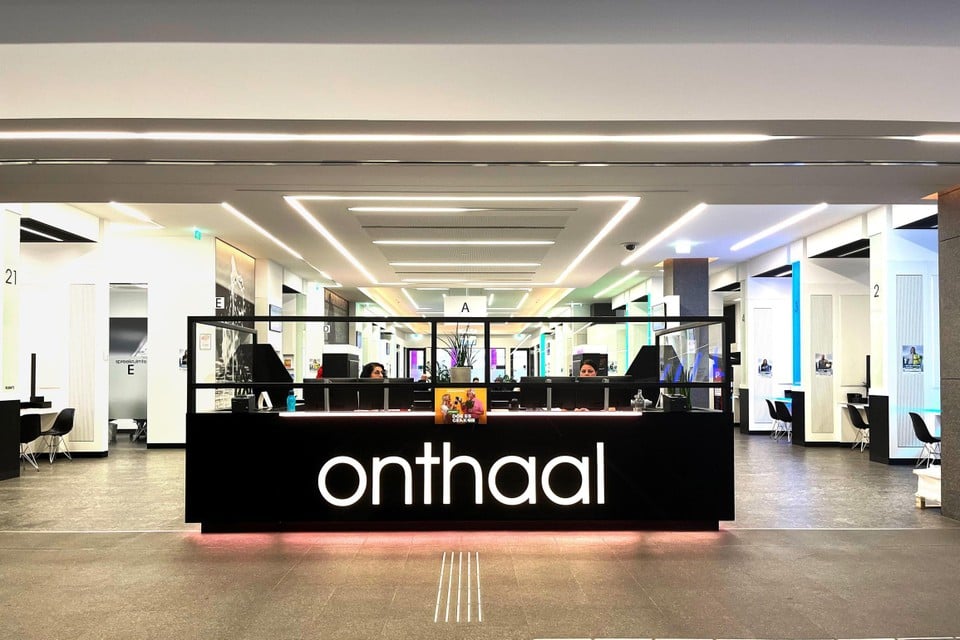Flights from Afghanistan, now she is celebrating her freedom: ‘Everything I do is an ode to the Netherlands’
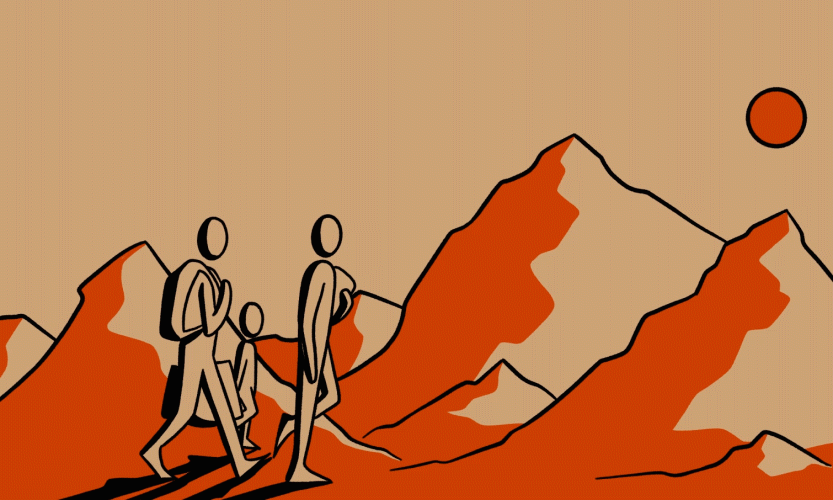
Layla Alizadah (31) fled Afghanistan at the age of four, together with her aunt. Now she is one of the people who freedom in the campaign ’80 years’ National Committee 4 and 5 May tell what freedom means for her: « Freedom is not obvious. Be sure it is now. » She sees that she was asked by the committee as a ‘great honor’. It is an opportunity to share with the Netherlands what the subject means for her.
Freedom is in small things for Alizadah, she says on a terrace in the center of Tilburg. « Last week I cycled with my daughter through the forest. I first thought: we have to go home. On which I realized: that didn’t have to be. I turned left and went to drink another cup of coffee. »
Her flight from Kabul, the capital of Afghanistan, has formed her view of freedom. « I am well aware that if I had not fled with my family, I would now be veiled with six children in Afghanistan. The right to speak is women there. Literally: women are not allowed to talk in public. »
The fact that Alizadah eventually ended up in the Netherlands was not self -evident. Alizadah’s mother was still very pregnant when her brother-in-law, her husband’s brother, was murdered by Taliban fighters in the early nineties. It was the reason that her father decided: we have to leave here.
Alizadah does not know much about it, just that her uncle and her father were politically active. « These are questions that I don’t dare to ask my family yet, because it is still too painful for me. »
If I hadn’t fled with my family, I would now be veiled with six children in Afghanistan
Alizadah, newborn, was left with her aunt. Her mother, father and eight sisters and brothers left for Russia and then requested asylum in the Netherlands. Three years later Alizadah followed with her aunt.
Her flight history has ensured that Alizadah now « wants to take all the opportunities there are. » In addition to her work as a co-owner of a company that offers, among other things, training courses within the healthcare sector, she makes her own podcast, Nedercast. In this she interviews all kinds of people, from politicians to economists. For example, she talks to Klaas Knot, President of De Nederlandsche Bank, about the rising inflation.
She thinks making a podcast is the ultimate form of freedom. « That I can interview all these people, regardless of their title and status, is a great good in the Netherlands. » She also wants to show that with this podcast. « Everything I do now is an ode to the Netherlands. I am grateful that I do have freedom now. »
No child
Alizadah’s youth is dressed in mysteries, or as she puts it herself: « They were gradations of complex situations. » So until she was ten, Alizadah knew no better than her aunt was her mother. « So when we applied asylum in the Netherlands, she probably also did that as my mother. » Just like her father’s political past in Afghanistan, Alizadah never asks about this time. « It’s a heavy subject for me. »
She does remembers that she got a different last name, Popalzai, probably the last name of her Tantes friend, whom she met in the AZC in Venlo, where the two were placed. She knows that because Popalzai was on her swimming diploma. « I scratched the name and replaced it with Alizadah. »
I am already happy that I can take assumptions about people with a migration background
She does not remember her first ten years in the Netherlands as a life in freedom. This was due to the home situation of her aunt. She doesn’t want to comment on that. She only says: « Until the age of tenth I couldn’t feel a child. »
Whether she has ever felt child at all is the question. « I more and more often suffered from nightmares. I woke up screaming and crying. » It was difficult for her to handle peers well « they got angry if they were not allowed to sleep with a friend. I just became jealous of it: if only I had these little problems. »
At the age of ten she accidentally heard her aunt say to someone that she was not her biological mother. « The people I thought were my uncle and aunt turned out to be my parents. »
A big shock for ten -year -old Alizadah, although she never blamed her parents. « The departure from Afghanistan is not well thought out, you cannot make a reasonable decision. » She doesn’t know how her biological parents have arranged it, but when she could live with them again, her last name became Alizadah.
It was her biological parents who were the only bright spot in the Netherlands in her first years: « Every now and then they brought me down with sweets. » She doesn’t know if that was out of guilt. « It is one of those questions that I never asked. I still find that difficult. »
Read as an excuse
Despite a language deficiency and the necessary traumas, Alizadah found her way out in books. She had friends at school, but she barely spoke about her past. One book has always stayed with her: Amel’s bookswritten by Zohra Zarouali. Suddenly she was able to identify with someone: a girl with a Moroccan background who feels torn between her Moroccan family and her Dutch friends.
Alizadah managed to motivate herself by saying: « I don’t want my sad youth to be sitting down. » She climbed from VMBO to HAVO and then to HBO, where she did international business and management studies in Breda.
She is therefore proud of what she has achieved now: co-owner of a company and podcast maker. In the run -up to 5 May, she shares her message via social media, where she gets many reactions from women with a migration background who can identify with her. « That makes me very happy. Then I know that I am doing something good. »
But she also gets reactions – « hundreds, I make screenshots of it » – from people who say: « Normally I don’t like people like you, but yours, there may be more of it. »
She shrugs about this. « I am already happy that I can positively influence people. That I can take away the assumptions they have about people with a migration background. »
On 5 May she celebrates the liberation of the Netherlands, but also pays attention to the Afghan women who do not have that freedom at the moment. « I think, I think, can well empathize what the importance of freedom is, and how fragile it is. We should not forget that. »
Read also
Also read: This is what the flight of the Afghans looks like

:format(webp)/s3/static.nrc.nl/wp-content/uploads/2025/05/01125733/data131131207-4ffa2d.jpg)
:format(webp)/s3/static.nrc.nl/images/gn4/stripped/data124080687-d0a853.jpg)
